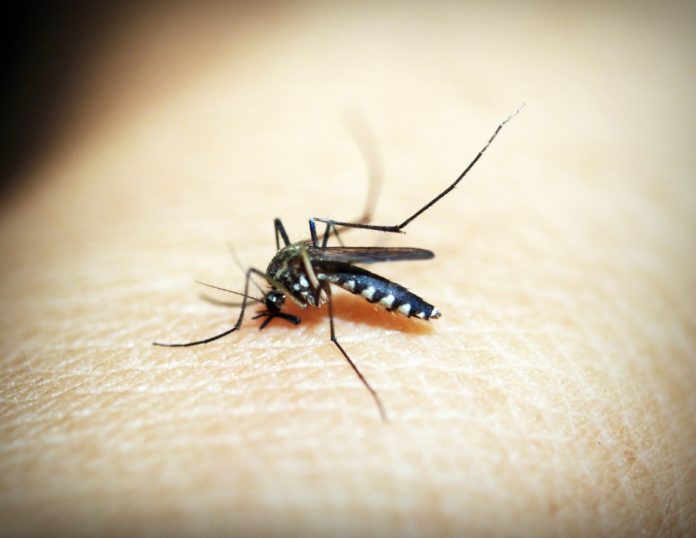People who do not have dengue symptoms are the primary source of the disease
Dengue could be spreading from people who have no symptoms but carry the virus. When mosquitos bite these apparently disease free individuals, they spread the infection.
According to a new research published in PLOS Pathogens, people without any symptoms of dengue fever could be the primary source of dengue fever in 25% of cases.
Nearly 400 million people are infected with dengue virus each year globally and dengue cases are expected to rise significantly due to higher temperatures in most parts of the world as a result of global warming. The disease is transmitted between people by the mosquitoes Aedes aegypti and Aedes albopictus, which are found throughout the world.
The study estimates that more than 80 percent of dengue virus infections are attributable to individuals with mild to no symptoms and these people do not seek treatment from a physician. Nearly a quarter cases of dengue virus transmission is the result of mosquitoes biting those already infected before the onset of symptoms.
“Until a few years ago, it was assumed that individuals with mild to no symptoms contributed relatively little to dengue virus transmission,” said Alex Perkins, Eck Family Assistant Professor of Biological Sciences at the University of Notre Dame and senior author on the study. “Our research reveals that people showing no symptoms of dengue virus infection are contributing much more than was previously recognized, so that we now have a better idea of the large extent to which they contribute to the spread of this disease,” he added.
The mosquito borne disease causes high grade fever associated with severe headache, bodyache, vomiting, muscle pain, skin rashes and a fall in total white blood cell and platelet count
The mosquito borne disease causes high grade fever associated with severe headache, bodyache, vomiting, muscle pain, skin rashes and a fall in total white blood cell and platelet count. In 2017, there were 157220 cases and 250 deaths because of the mosquito-borne infection in India, according to data available with the National Vector Borne Disease Control Programme.
To quantify the fraction of dengue virus infections which might be caused by people whose illnesses were undetected by public health surveillance systems, the researchers at the University of Notre Dame used mathematical modeling that integrated data sets on the amount of virus in the blood during various stages of infection, the severity of symptoms in relation to previous infections and the proportion of infections resulting in clinical consultation.
“Unfortunately, based on our study, those who need to be targeted with interventions are either being identified after they have already contributed to transmission or are not being identified at all,” said Perkins. “Our results indicate that it might be necessary to shift emphasis toward more proactive disease prevention strategies that do not rely as strongly on responding to detected cases,” he emphasized.


